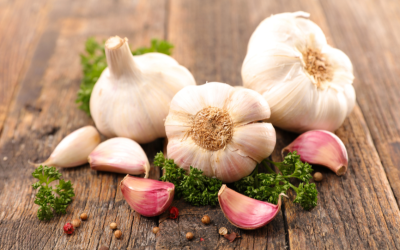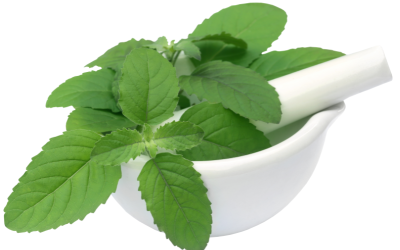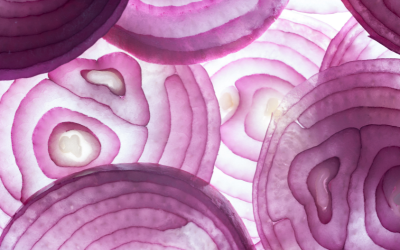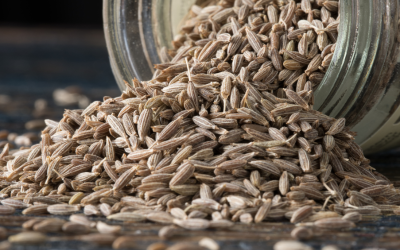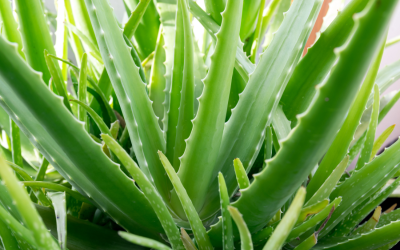Carrots: A Colorful Source of Vital Nutrients
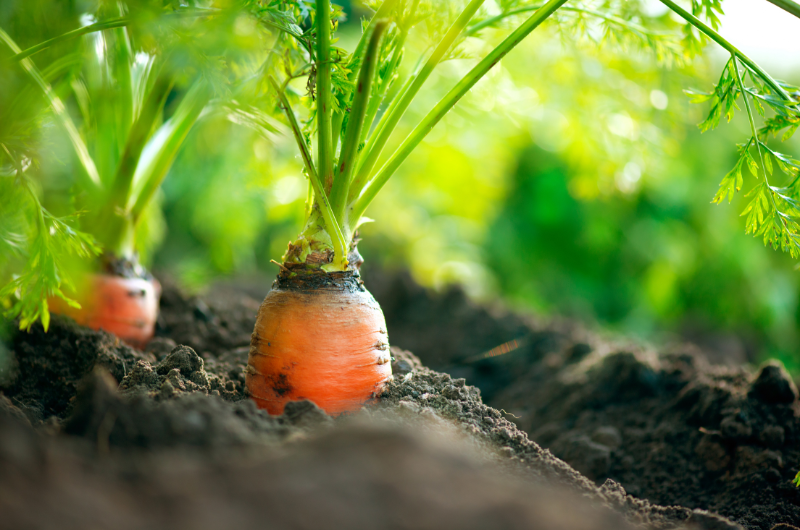
Enter the world of carrots—a seemingly ordinary vegetable with extraordinary health benefits. In this guide, we’ll uncover how these vibrant roots tackle common health issues, from boosting vision to supporting heart health and more. Plus, we’ll explore easy ways to make carrots a delicious and integral part of your daily diet. Get ready to unlock the power of this humble yet mighty vegetable and enhance your well-being effortlessly!
Did you know carrots used to come in different colors like purple and red? They turned orange later because Dutch farmers changed them to honor their royal family. These veggies are mostly water and full of good stuff like beta-carotene, which helps eyes stay healthy. They’re low in calories but high in fiber, which keeps your tummy happy. Also, they have antioxidants that fight bad stuff in your body, keeping your skin young and your heart strong. Whether you eat them raw, in juice, or cooked, carrots are a super healthy choice for any meal.
Benefits of Carrots
Enhanced Vision: Rich in beta-carotene, carrots promote good eyesight and help prevent conditions like night blindness and macular degeneration.
Improved Digestive Health: The high fiber content aids digestion, prevents constipation, and supports a healthy gut.
Heart Health Support: Antioxidants in carrots, like beta-carotene and lutein, contribute to lower cholesterol levels, reducing the risk of heart diseases.
Healthy Skin: Loaded with antioxidants and vitamin C, carrots help combat skin issues like acne, maintain hydration, and slow down aging signs.
Blood Pressure Regulation: Potassium in carrots acts as a vasodilator, relaxing blood vessels and assisting in managing hypertension.
These benefits showcase the diverse ways carrots positively impact various aspects of health, making them a valuable addition to any diet.
Healing power and methods to use
1) Obesity: Take a glass of carrot juice along with powdered black peppercorns (10 numbers) every morning. It will help to maintain a healthy weight.
2) Anemia: Mix 2 tablespoons of each, honey, and juice of the carrot and drink daily for a few days.
3) Arthritis & joint pain: Simply the leaves should be cooked and included in daily diet.
4) Cataracts: Take carrot and onion juice mixed with some yogurt (1/3 cup each) with 1/4 tablespoon of powdered pepper every morning. This is a preventive measure for cataracts.
5) Hair loss: Take a glass of a mixture of carrot, alfalfa, and lettuce juices in equal quantities daily.
Precautions
Possible Allergies: Individuals with known allergies to related foods should be cautious and consult a healthcare professional before adding carrots.
Moderation is Key: Excessive carrot intake might cause carotenemia, a harmless but cosmetically concerning condition leading to a yellowish skin tint.
Medication Interactions: Carrots’ vitamin K content can affect blood clotting, so individuals on blood-thinning medication should manage their carrot intake and seek medical advice.
Kidney Stone Risk: For those prone to oxalate kidney stones, moderate carrot consumption is advisable due to their oxalate content.
Pesticide Exposure: Consider choosing organic carrots or ensure thorough washing to minimize exposure to pesticide residues in conventionally grown carrots.
These precautions serve as a guide for mindful consumption, ensuring the safe incorporation of carrots into your diet while addressing potential concerns. Consulting a healthcare professional is recommended, especially for those with specific health conditions or allergies.

How to make some Carrot Based products for home remedies at home:
Carrot Soup:
Ingredients: Carrots, onions, garlic, vegetable or chicken broth, spices (such as ginger, cumin, or coriander), salt, and pepper.
Method: Sauté onions and garlic, add chopped carrots and spices, pour in the broth, and simmer until carrots are tender. Blend the mixture until smooth.
Carrot Juice:
Ingredients: Carrots, water, and optional sweeteners or other fruits.
Method: Wash and peel the carrots, then blend them with water. Strain the mixture to extract the juice. Add sweeteners or mix with other fruits for flavor variations.
Carrot Muffins:
Ingredients: Flour, grated carrots, sugar, eggs, vegetable oil, baking powder, cinnamon, and salt.
Method: Mix the dry ingredients, then add the wet ingredients and grated carrots. Spoon the batter into muffin cups and bake until golden brown.
Carrot Salad:
Ingredients: Shredded carrots, raisins, chopped nuts, mayonnaise or yogurt, lemon juice, and honey.
Method: Mix all ingredients in a bowl. Adjust the sweetness and acidity to your liking.
Carrot Chips:
Ingredients: Carrots, olive oil, salt, and pepper.
Method: Slice carrots thinly, and toss them with olive oil, salt, and pepper. Bake in the oven until they become crispy.
Carrot Hummus:
Ingredients: Cooked and mashed carrots, chickpeas, tahini, garlic, lemon juice, olive oil, cumin, and salt.
Method: Blend all ingredients until smooth. Adjust the seasonings to taste.
Carrot Cake:
Ingredients: Grated carrots, flour, sugar, eggs, vegetable oil, baking soda, cinnamon, and cream cheese frosting.
Method: Mix dry and wet ingredients separately, then combine. Bake in a cake pan, and frost with cream cheese frosting once cooled.
Pickled Carrots:
Ingredients: Carrots, vinegar, water, sugar, salt, and spices (such as dill or garlic).
Method: Boil a mixture of vinegar, water, sugar, and salt. Pack peeled and sliced carrots into sterilized jars, pour the hot liquid over them, and seal the jars.
Feel free to experiment with these recipes by adding your favorite herbs, spices, or other ingredients to suit your taste preferences.
Send Us A Message
FAQs
- Carrots are rich in vitamins and minerals, including vitamin A, which is important for eye health. They also contain antioxidants that help protect cells from damage and support overall health. Additionally, carrots are a good source of fiber, which aids in digestion.
- Yes, carrots are rich in beta-carotene, which the body converts into vitamin A. Vitamin A is essential for maintaining good vision and can help protect against age-related eye conditions such as macular degeneration.
- Yes, carrots can aid in weight loss as they are low in calories and high in fiber. The fiber content helps you feel full for longer, reducing overall calorie intake. Additionally, their natural sweetness can satisfy cravings for sweets without the added sugar found in processed snacks.
- Eating large amounts of carrots can lead to a condition called carotenemia, where the skin turns a yellow-orange color due to excess beta-carotene. This condition is harmless and reversible by reducing carrot intake.








